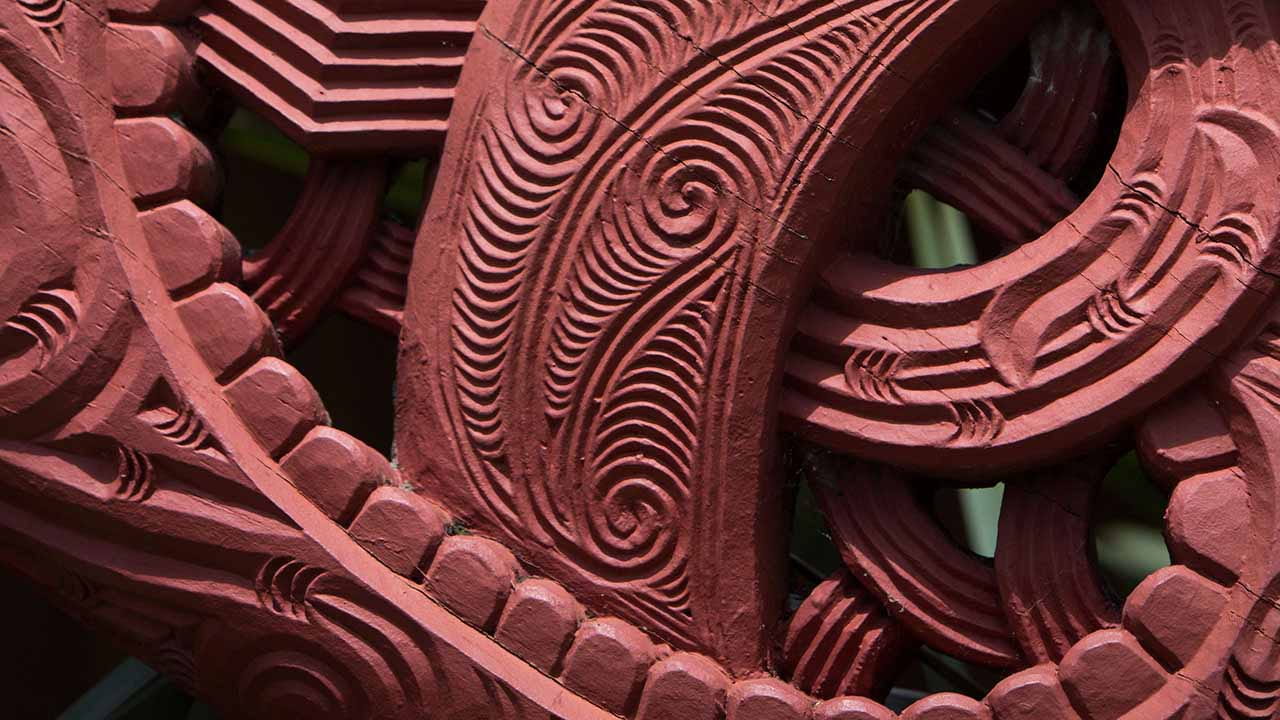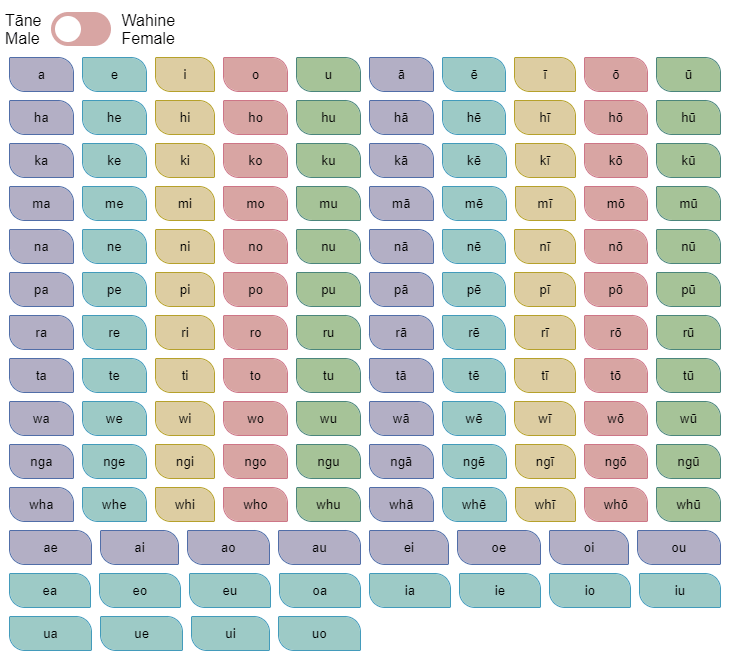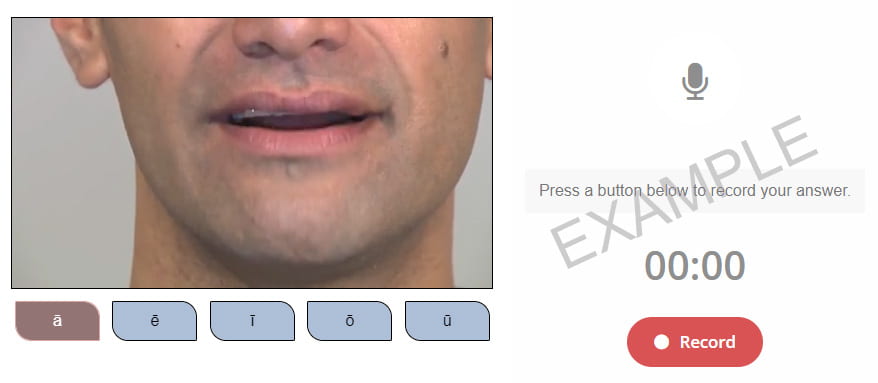Developing students’ judgement of their own work by comparing it to that of others
Piata Allen’s Te Reo Māori Pronunciation Online course includes a range of activities for self-assessment. These were developed in keeping with research that shows students can fine-tune their own judgement of good work when given multiple opportunities to compare their work against that of others.1,2

Analogical comparisons (comparing your work against similar work) is often better than analytical comparison (comparing your work against criteria, or against feedback comments). By staging multiple opportunities for comparison throughout a course, there is a cumulative benefit – and there is no additional lecturer workload involved in providing this wealth of feedback.
In depth
The mandatory ‘zero point’ course, Te Reo Māori Pronunciation Online had some interesting challenges for development. It was self-paced over two semesters, was fully online and had no online tutor presence prior to final assessment, so there was a need to provide ongoing self-assessment opportunities that were sufficiently engaging to keep students participating, despite the course carrying no grade.
In this course, students are presented with:
A ‘soundboard’ showing te reo vowel sounds and recordings of actors pronouncing them.
Close-up videos of the actors’ faces whilst speaking te reo sounds, alongside the ability to record their own attempts to reproduce them.
Replaying their own recordings allows students to make a comparison between their attempts and the original, professional actors’ recordings. The close-up views of the actors shows the mouth shapes involved in making each sound, with male and female versions of each sound recorded for comparison.
Lecturers commented on the usefulness of the soundboard when giving feedback on assessments – for example, the Māori sound ‘ko’ which is often spoken as an English ‘O’ (as in Oh) , but should be more like the ‘o’ in ‘ordinary’ – students could be directed back to that sound on the soundboard and encouraged to listen and repeat until they were satisfied.
- Boud, David, and Nancy Falchikov. “Developing assessment for informing judgement.” In Rethinking assessment in higher education,191-207. Routledge, 2007. ↩
- Nicol, David. “The power of internal feedback: Exploiting natural comparison processes.” Assessment & Evaluation in Higher Education 46, no. 5 (2021): 756-778. https://www.tandfonline.com/doi/full/10.1080/02602938.2020.1823314. ↩


